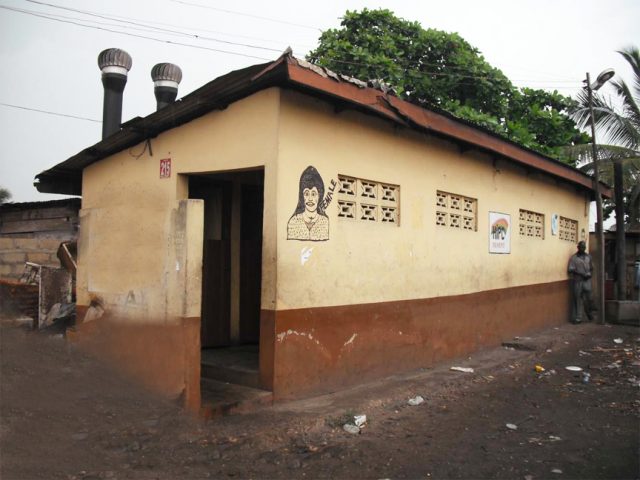How Corporate India Tackled The Sanitation Challenge
The Corporate Social Responsibility (CSR) Rules of April 2014, followed soon after by the National Democratic Alliance government’s Swachh Bharat push, gave corporate India the opportunity to spend on a cause with high visibility. Two years down the line, the companies that got involved with a fair bit of gusto take stock of their learnings and the way forward.
The Swachh Bharat Mission aims to see India free of open defecation by 2019.
The CSR Rules require companies with a net worth of Rs.500 crore or revenue of Rs.1,000 crore or net profit of Rs.5 crore to spend 2% of their average profit in the past three years on social development-related activities listed in Schedule VII of the rules.
Bharti Foundation, the philanthropic and development arm of the Bharti group, for instance, approached the sanitation challenge in a focused manner.
In 2014, Bharti Foundation announced that it would make Ludhiana district free of open defecation. To that end, it surveyed the district and planned to construct around 21,000 toilets across 900 villages. In January 2016, the foundation has completed more than 10,000 individual household toilets and plans to build the remaining 11,000 by the end of FY2017.
“Our biggest learning from this experience was finding the right contractors for construction, engaging with the community, providing quality service and delivery, which on the scale needed, is a huge challenge,” said Vijay Chadda, chief executive officer, Bharti Foundation.
He explained that the foundation’s primary focus remains education and once it reaches the target in 2017, it is likely to stop building toilets. “Every social challenge needs a short-term and a long-term approach. In my personal opinion, when dealing with CSR funds, it is best to work on short-term, fixed-target projects,” he said.
The story is different in the case of Dabur India Ltd. It is in no hurry to distance itself from Prime Minister Narendra Modi’s pet programme.
As Dabur India’s CSR head A. Sudhakar explained, sanitation programmes are need-based and impact other social aspects such as health and education.
“We learnt that sanitation has several ramifications like health, education and productivity,” he said.
During 2015-16, Dabur set out to build 1,000 household toilets across 26 villages of Uttar Pradesh, Uttarakhand and Himachal Pradesh. By February 2016, 1,003 household toilets had been constructed. The company aims to add another 1,000 toilets in 2016-17.
According to Sudhakar, the biggest learning has been working with communities to ensure the operation and maintenance of the toilets. “We try to work on projects where the beneficiaries— households and communities—pay a small percentage of the construction cost of toilets,” he explained.
According to sectoral expert Arun Nagpal, co-founder and director of Mrida, a social business venture implementing CSR and other social projects on the ground, adding a small cost by people at the receiving end ensures that the toilets are valued.
For instance, asking for Rs.500 or 150 bricks from each of the houses where the toilets are to be put up, helps ensure that the toilets are used and maintained after construction, he said.
“We need to find sanitation solutions which address the whole value chain—from building physical structure, advocating the hygiene benefits, changing behaviour, waste management and maintenance,” said Rita Roy Choudhary, head of the India Sanitation Coalition.
The India Sanitation Coalition is a platform involving various stakeholders in the sanitation space.
Choudhary added that the focus so far has been on construction of toilets, which on its own will not help achieve total sanitation by 2019. What is called for is a more holistic approach, which a few companies are looking to adopt.













